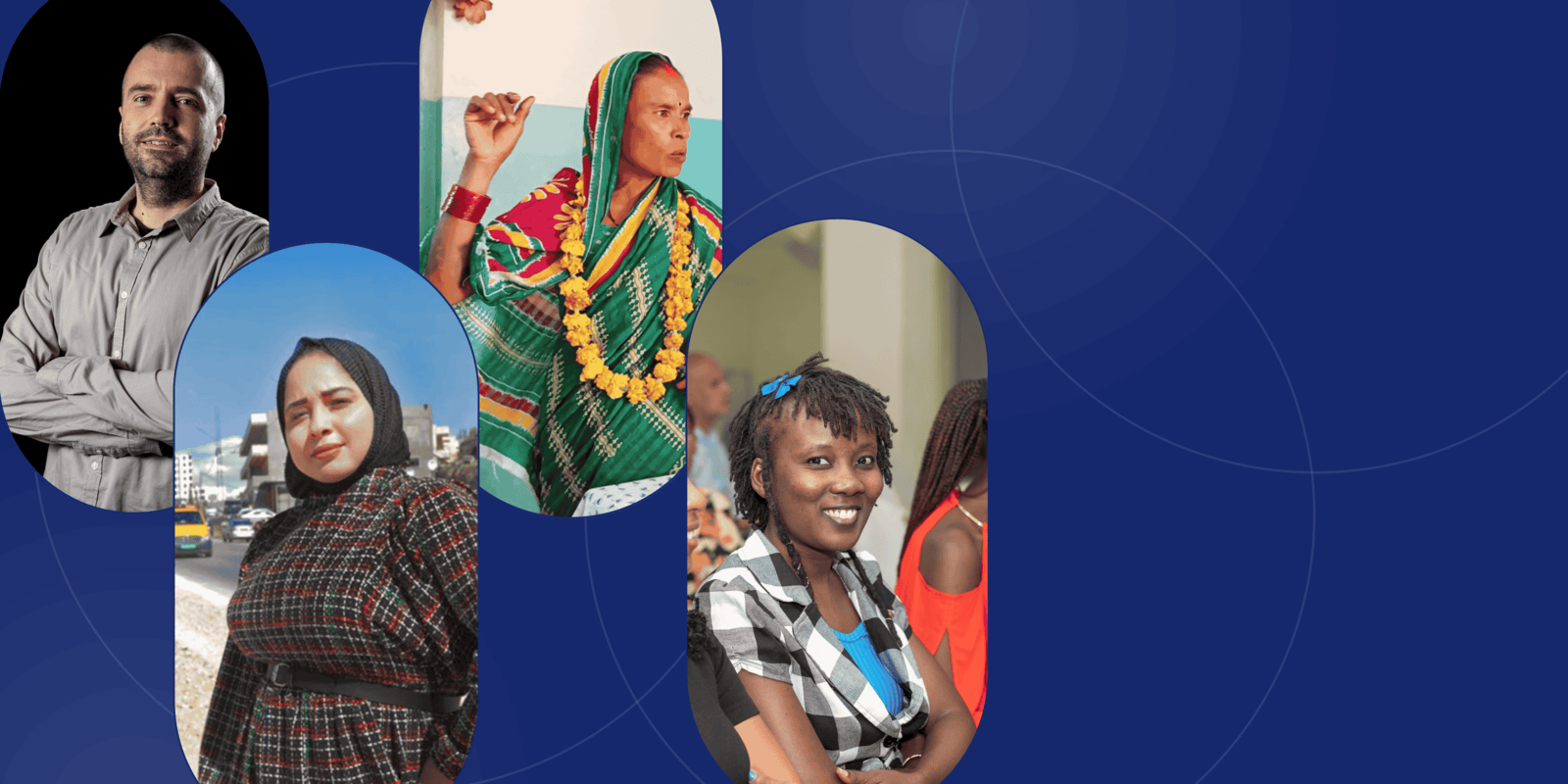
Learning from Experience
How can civil society activists, practitioners, funders, and policy makers working to advance people's rights and democratic participation learn most effectively from the experiences of others? How can they apply these lessons in designing or implementing a project, applying for funding, or monitoring and evaluating their work?
UNDEF's Interactive Learning Platform
Through UNDEF's interactive lessons learned mechanism, you can search a living, growing trove of learning about the design, implementation, and outcomes of projects worldwide. UNDEF launched the platform in 2017, with a grant from the UK Foreign Office Magna Carta Fund for Human Rights and Democracy to encourage UNDEF's use of in-house best practices and third-party evaluations as service for the broader community of practitioners and donors.
Key Features
Users can search by theme, region or their own search terms. Lessons range from the conceptual and strategic to the specifics of project management.
- Projects working with government have benefited from precise targeting of policy levels and stakeholders
- Citizen training proposals succeed by demonstrating practical real-world applications
- Women's empowerment projects thrive through engagement with male family members and community leaders
Practical Application
The tool is also used specifically by applicants for UNDEF funding, who are required as part of the proposal process to explore projects or project elements similar to the ones they have in mind, and to show that their proposals reflect relevant learning from others' experiences.
The tool has proven self-sustaining past the initial set-up costs. Humans, not algorithms, do the work of ensuring relevance and reliability. It involves no additional staff resources, as it has been incorporated into existing responsibilities.